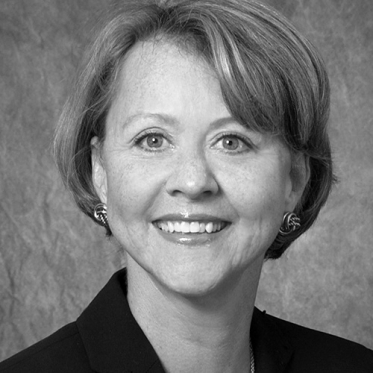Robin Downing

Scroll Content
Do you remember what it was that you connected with, that let you know right away that CHS was the right place for you?
When I registered for my junior year after graduating from Centenary College for Women, I wanted to major in deaf education. There was no such major at UK so I decided to major in the field closest to it, Communication Disorders.
Did you come to UK knowing you wanted to pursue a career in health sciences?
Yes, when I was 16 I volunteered in a program serving children with special needs. My favorite chi there was a little girl who was nonverbal. That sparked my life-long interest in facilitating communication skills in children.
What is the best advice you received from a CHS faculty member?
I don’t know about advice as much as an example of excellence. Dr. Robert Mason was the one who taught me how to think and problem solve in this field. He was an amazing teacher. I still remember anatomy and physiology, neuroanatomy, and other subjects because he made all of it alive. He taught me how to research and how to read research critically. This was invaluable when I began researching and writing materials for speech=language pathologists. After I finished my masters, Dr. Mason went to dental school.
Do you have any favorite anecdotes from being a student in CHS?
Traveling on a bus with a group of classmates to an ASHA convention in Chicago, probably in 1970 or 71. The most fun professor I had, Dr. Valyo, took us all to a Greek restaurant where we learned to do Greek dances.
What do you love about your job?
Just about everything. I won a private practice with three close friends, Core 4 Therapy Group. We believe in family first which enables us to be close to the families we serve. We believe in kindness and it is returned to use tenfold.
How do you stay inspired professionally?
I get to mentor young therapists and teach them new ways to intervene woht our children. I get to follow Dr. Mason’s example and teach them how to problem solve and come up with answers.
What do you hope now to accomplish in health care?
I’m getting close to retirement, but I’m going to continue to mentor and teach younger/newer therapists. I want to continue presenting short courses and workshops.
What advice do you have for students in CHS now?
Find mentors, go to workshops and trainings, continue to read professional articles and books, and network.